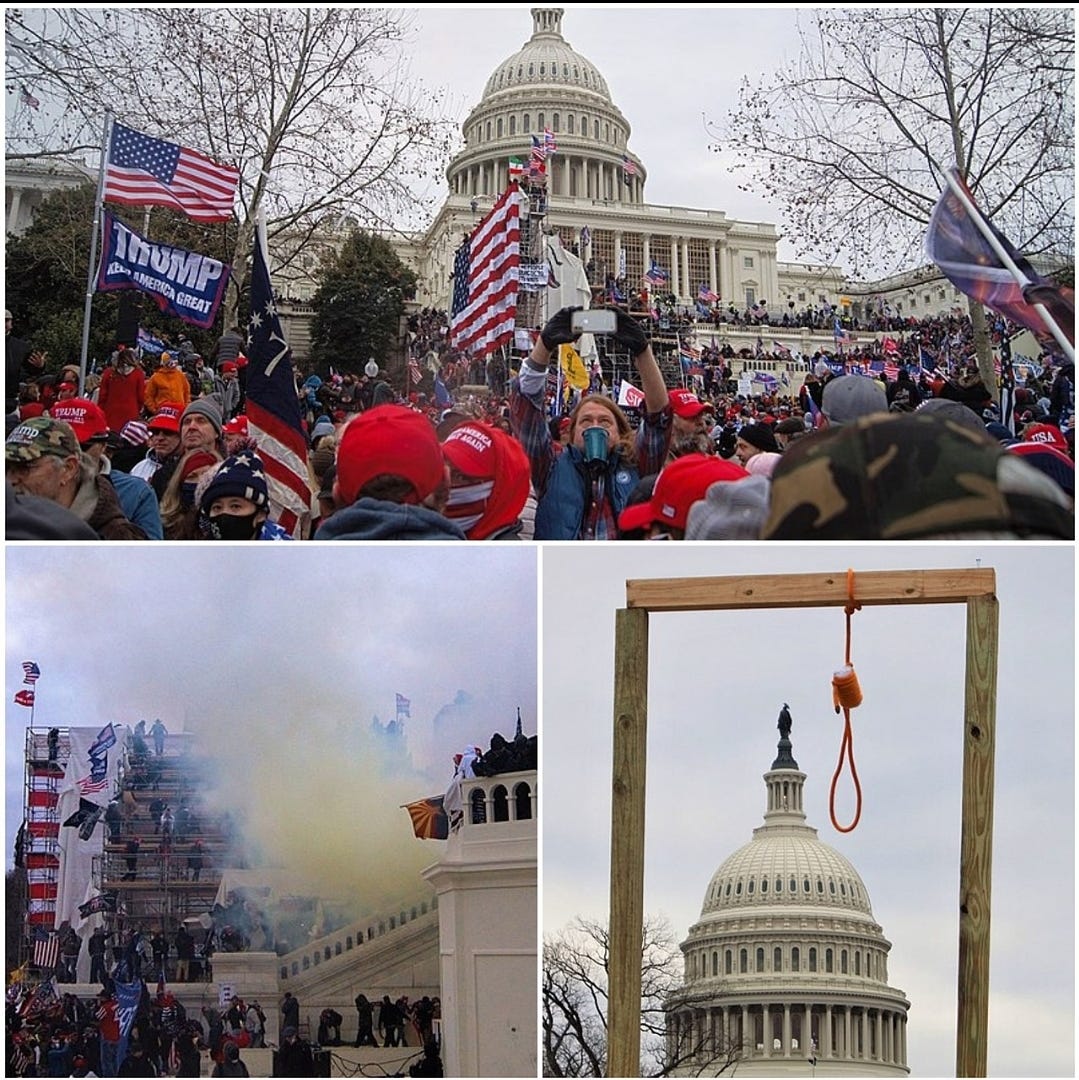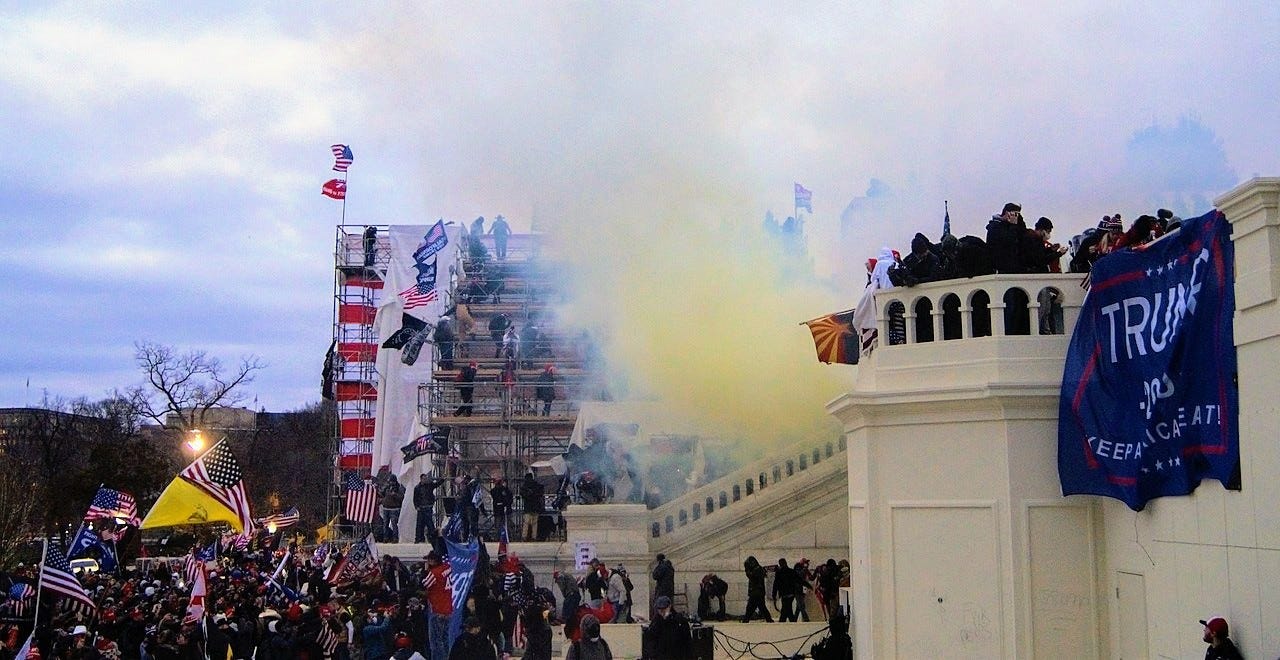January 6, 2021 - The Breach of the U.S. Capitol Building
On This Day - A Day of Infamy in American Democracy
On January 6, 2021, the United States witnessed an event that would be etched in its history as a moment of profound shock and dismay.
It was a day that challenged the very foundation of American democracy: the United States Capitol, the citadel of freedom, was besieged in a way not seen in centuries.
In the weeks leading up to January 6, tensions in the United States were at a boiling point.
The 2020 Presidential election had culminated in a victory for Joe Biden, but outgoing President Donald Trump continually disputed the results, alleging widespread voter fraud without substantive evidence.
His calls resonated with a significant portion of his supporters, many of whom felt disenfranchised by the political process.
As Congress convened to certify the Electoral College results, thousands of protesters, fueled by months of rhetoric about a stolen election, gathered in Washington, D.C.
The rally started with speeches and demonstrations but soon devolved into chaos as crowds marched towards the Capitol.
What followed was an unprecedented breach of one of the most iconic symbols of American democracy.
The rioters, a mix of far-right groups, Trump supporters, and other factions, stormed the Capitol, overwhelming the limited Capitol Police presence.
They smashed windows, broke into legislative chambers, and vandalized offices.
The lawmakers, engaged in the constitutional process of election certification, were evacuated, their duty disrupted by the insurrection.
The images that emerged were shocking: rioters scaling the walls of the Capitol, a Confederate flag paraded through the halls, the sacred chambers of democracy occupied and desecrated.
It was a stark departure from the peaceful transfer of power that has been a hallmark of American democracy.
The consequences were immediate and tragic.
The assault resulted in deaths and numerous injuries.
It exposed not only deep divisions within American society but also significant security failures.
Law enforcement agencies, caught off guard by the scale and fervor of the attack, faced criticism for their response.
The repercussions of January 6 extended beyond the immediate violence.
It prompted a nationwide reckoning with the realities of political polarization, the power of misinformation, and the fragility of democratic institutions.
The event led to the second impeachment of Donald Trump, accused of inciting the insurrection, marking him as the first U.S. President to be impeached twice.
In the aftermath, there was a bipartisan outcry against the violence.
Leaders from both political parties condemned the attack, emphasizing the need for unity and the upholding of democratic values.
The event acted as a catalyst for broader discussions about the role of social media in politics, the spread of conspiracy theories, and the importance of responsible political discourse.
The January 6 attack also had significant implications for national security.
It led to increased scrutiny of domestic extremist groups and a reevaluation of security protocols for national landmarks.
The Capitol, once open and accessible as a symbol of the people's government, saw fortifications and increased military presence, reflecting the heightened sense of threat.
As the nation moved forward, the events of January 6 continued to resonate in the collective American consciousness.
It served as a stark reminder of democracy's vulnerabilities and the importance of vigilance in protecting its principles.
The attack also highlighted the crucial role of leadership in shaping public discourse and the responsibility of elected officials to uphold the tenets of democracy.
January 6, 2021, thus stands as a day of infamy in the annals of American history.
It was a day when the unthinkable happened, challenging the nation to reflect on its democratic ideals and the path forward in ensuring their preservation.
It underscored the need for reconciliation, the importance of factual information, and the ongoing task of building a more united and resilient democracy.
In retrospect, January 6 will be remembered not just for the violence and chaos but as a pivotal moment in American history – a wake-up call to the challenges facing democracy in the 21st century.
It's a day that compels us to reaffirm our commitment to the principles of democracy: dialogue, tolerance, and the peaceful resolution of differences.
As the United States continues to navigate these turbulent times, the lessons of January 6 remain a crucial guidepost in the journey towards a more perfect union.



